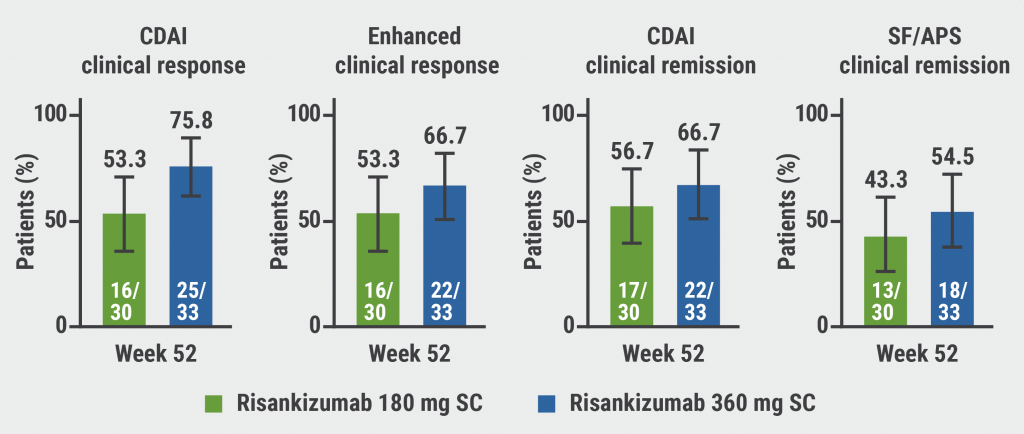"These results are practice-changing for me as a surgeon," Dr. Vivian Strong of Memorial Sloan Kettering Cancer Center in New York City told Reuters Health by email. "Previously, I was often faced with patients who unexpectedly tested positive for a germline CDH1 mutation on genetic panels, but with no family history of gastric cancer, and in some cases, no family history of gastric or breast cancer. These patients need guidance based on data."
"Prior to this study, there was no data to help me risk-stratify these patients," she said. "Now, I can help patients understand that although their risk of having a gastric cancer identified is 89% with a gastric cancer family history, there is still a quantifiable risk that they may have or will develop gastric cancer without a family history."
Coauthor Dr. Zsofia Stadler, also of Memorial Sloan Kettering, added, "One of the most complex management decisions that we face as cancer geneticists is when to recommend risk-reducing surgery to patients found to be at high risk for a particular cancer. When is the risk high enough to warrant preventive surgery?"
"In patients with CDH1 mutations, this decision is especially challenging as efficacious screening for diffuse gastric cancer does not exist," she told Reuters Health by email. "At the same time, pursuing a total gastrectomy in an otherwise healthy individual is a particularly extreme risk-reducing measure."
"Incorporation of this new data into our genetic counseling and risk assessment evaluations will be extremely beneficial to our patients and will facilitate shared decision-making between patients and physicians," she said.
As reported in JAMA Surgery, Drs. Strong, Stadler and colleagues analyzed data on 181 patients with CDH1 germline variants (mean age at time of testing, 44; 70% women). One hundred and sixty-five (91%) harbored a pathogenic or likely pathogenic variant. Of these, 58 underwent open and 43 underwent minimally invasive total gastrectomy.
Anastomotic leaks requiring drainage occurred in only three patients, and median long-term weight loss was 20%.
In those undergoing minimally invasive versus open surgery, more lymph nodes were retrieved (median, 28 vs. 15) and the hospital stay was one day shorter (median, six vs. seven).
Signet ring cell cancer was identified in the surgical specimens of 85 of 95 patients (89%) with a family history of gastric cancer and four of six patients (67%) without a family history. However, among the latter six patients, four had a personal or family history of lobular breast cancer, including two with signet ring cell cancer.
Notably, among the 16 patients with pathogenic or likely pathogenic CDH1 variants diagnosed with locally advanced or metastatic gastric cancer, three (19%) had no family history of gastric cancer or personal or family history of lobular breast cancer.
The authors note study limitations, including: lack of data on the reasons for genetic testing performed outside of Memorial Sloan Kettering; for some patients, lack of information on family history; a significant number of patients lost to follow-up; inconsistent follow-up, and lack of randomization.
Dr. Stadler said, "Additional studies in larger and more diverse CDH1 populations as well as research on potential genetic or environmental modifiers of gastric cancer risk in CDH1 carriers are still clearly needed to allow for more precise risk stratification."
Dr. Michael Hall, Chair, Department of Clinical Genetics, Fox Chase Cancer Center in Philadelphia, commented in an email to Reuters Health, "I agree with the findings, and the thoughtful list of limitations the authors provide. One unanswered and challenging question in the field is whether all of the early lesions found in the stomachs of patients who undergo prophylaxis would have necessarily become more advanced gastric cancer with time."
"It's also very challenging to convert surgical outcomes data that have been accrued over 14 years and at one of the best oncology centers in the world to what would happen out in the community or in the hands of doctors who are less familiar with this syndrome of perhaps less skilled," he noted.
"They show prophylactic surgery works (prevents cancer) in the hands of skilled surgeons; none of the 101 asymptomatic patients who had gastrectomy developed cancer," he said. "In our experience, that has not been the case - i.e., these patients do still have risks."
"I think these data strongly show us that prophylaxis, when done correctly, works and can change the course of this devastating disease for some of these people and can save lives," he concluded.
By Marilynn Larkin
SOURCE: https://bit.ly/3jIEIVk JAMA Surgery, online September 30, 2020.
Posted on
Previous Article
« Sleep EEG-based brain-age index correlates with dementia Next Article
Lipoprotein(a) levels tied to atherosclerotic heart disease risk »
« Sleep EEG-based brain-age index correlates with dementia Next Article
Lipoprotein(a) levels tied to atherosclerotic heart disease risk »
Related Articles

October 1, 2021
Antibiotics tied to increased risk of colorectal cancer
© 2024 Medicom Medical Publishers. All rights reserved. Terms and Conditions | Privacy Policy
HEAD OFFICE
Laarderhoogtweg 25
1101 EB Amsterdam
The Netherlands
T: +31 85 4012 560
E: publishers@medicom-publishers.com

